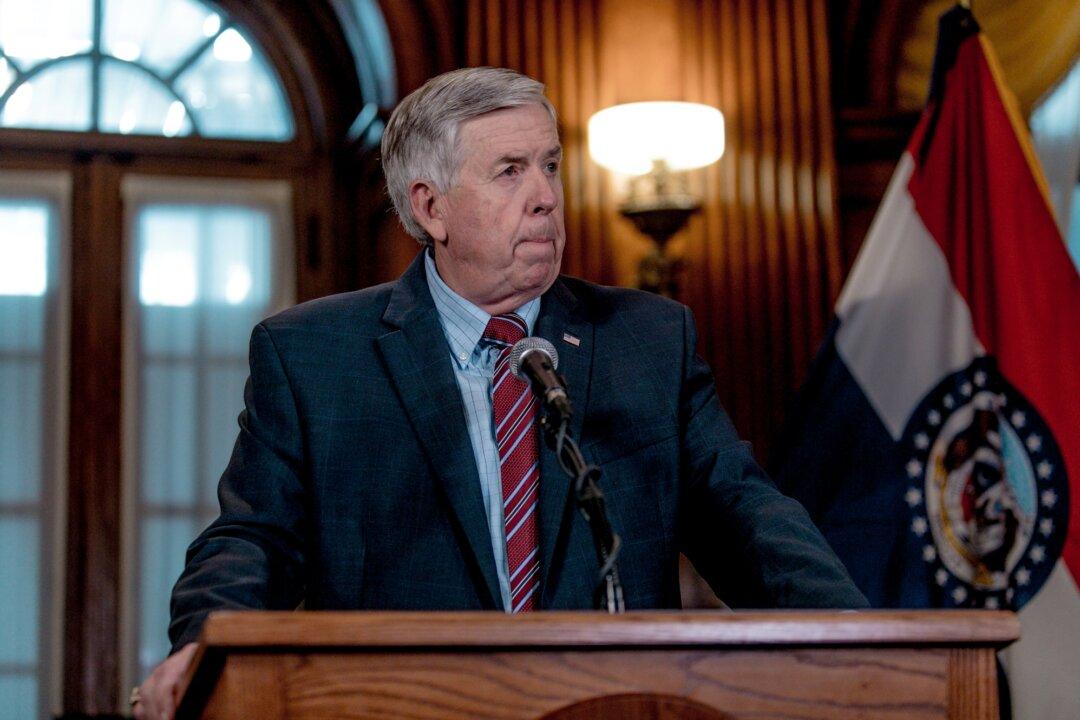Missouri Gov. Mike Parson on Tuesday joined the growing list of Republican governors announcing an early end to the federal pandemic unemployment benefit boost, which some have blamed for discouraging workers from taking jobs so driving the business hiring crunch.
Parson said in a release that Missouri will end its participation in all federal pandemic-related unemployment insurance programs starting June 12.





